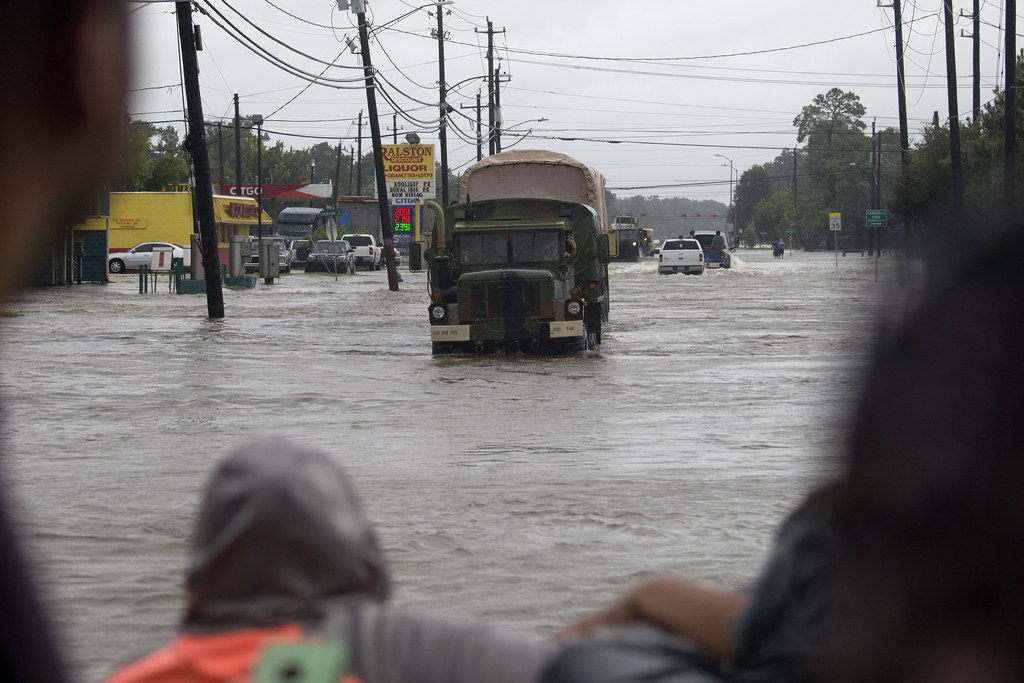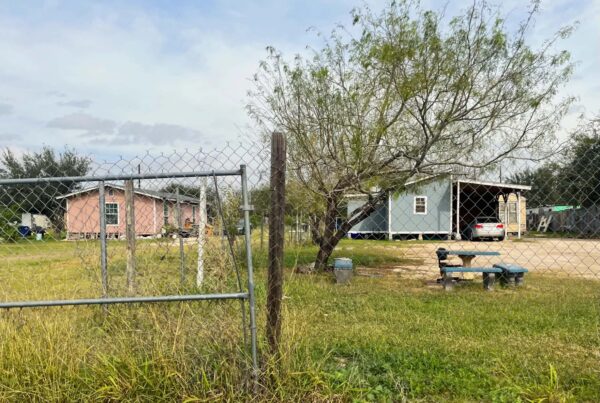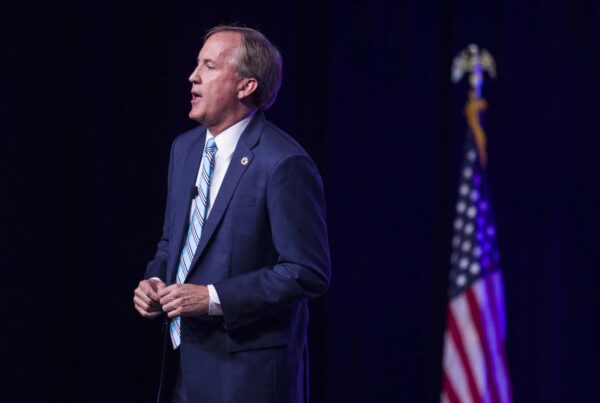We’re already several days into the 2023 Atlantic hurricane season. And though things don’t typically pick up steam until a little later, the energy industry is already making preparations for potential storms this summer – and beyond.
Matt Smith, lead oil analyst for the Americas at Kpler, joined the Standard with more about what may be ahead this season.
This transcript has been edited lightly for clarity:
Texas Standard: You know, I was thinking about what they were saying about last year, and it seems like about this time last year, we were having a similar conversation. Only last year, word on the street from the meteorologists was that it was going to be a very intense hurricane season – that didn’t quite pan out the way that they predicted. Now, what are you hearing from the meteorologists?
Matt Smith: Well, last year it wasn’t particularly damaging for the energy industry, but we did have Hurricane Fiona that caused significant damage to Puerto Rico and the Eastern seaboard and Nova Scotia. And then if you remember as well, there was Hurricane Ian, which actually was the costliest hurricane for Florida on record there. But aside from those, you know, there wasn’t really much that was hitting that U.S. infrastructure.
In terms of this year, it’s expected to be near normal – and near normal essentially is at least 12 named storms and 5 to 9 hurricanes, which still sounds like quite a lot, right? But that’s kind of typical for the season. So it’s expected to be less active than recent years. And that’s simply because the last three hurricane seasons have had La Niña present, which essentially cools the waters in the Pacific and allows stronger hurricanes to form in the Caribbean. But this season, NOAA’s scientists are predicting a high potential for El Niño to develop this summer, which can suppress Atlantic hurricane activity. So we may be experiencing much less drama this year, hopefully.
Can you connect the dots between hurricanes and what that means for energy? I can imagine that if you have any disruption, certainly along the Texas Gulf Coast, you’re going to have issues with shipping, with refining– you know, a lot of those plants being shut down and the like. I would imagine that that would be the the key impact, or am I wrong?
There’s two distinct impacts depending on where the storms go. So, for example, if a storm passes through sort of more to the east of the U.S. Gulf, sort of Louisiana way, that’s more bullish for oil prices because you have a lot of offshore production there – actually, 1.9 million barrels per day is produced there; that’s 15% of total U.S. production. So that can cause the closing of these offshore rigs where it could cause damage. So that’s that’s bullish for oil prices if it goes that way.
If it heads and hits Texas instead, it’s much more bullish for gasoline and diesel prices and actually bearish for oil prices. And the reason for that is because of so much refining infrastructure being on the Gulf Coast up offshore by Texas there. And so that can hit the refineries there, which means lower gasoline production, but also lower oil demand because refineries can be closed or damaged. And so you typically see, you know, gasoline prices shoot up and oil prices come off because there’s just lower demand for it.
And so as you try to read the tea leaves here, what are you anticipating when it comes to energy prices? What are you expecting as we move into summer?
So gasoline prices, you know, are well off where they were this time last year: On the national average, they were about $5 a gallon, and right now they’re closer to $3.60. And we should see them holding around this kind of level simply because the key input to those gasoline prices is the price of oil. And we’re seeing oil kind of hanging around the $70 level. And so that’s what we should expect to be experiencing this summer. Maybe a little bit of upside coming through here as we’ve got these OPEC production cuts, but nothing too crazy.
Do you have any insight on the storm naming convention? Where are we with that? You know, any good names you’ve noticed in the queue?
So they are predetermined. And so there’s already the list out from A to Z. We’ve already had Tropical Storm Arlene that was off the west coast of south of Florida there. But for this year, we have got Gert; we have Idalia. And then if we move through the alphabet here, we have the sophisticated Margot, followed by a very British-sounding Nigel. But hopefully if we have a calm season, then we won’t get to see Nigel at all.















